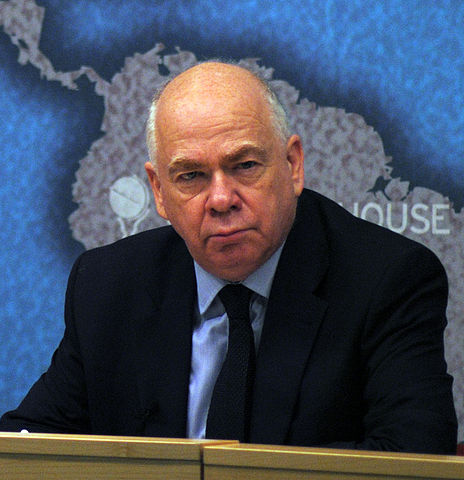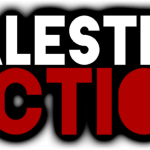One of Britain’s pre-eminent military analysts says a rapid and surprise Ukraine advance in the northeastern Donbas region is historic.
Ukraine in early September claimed to have taken the key Russian supply hubs of Izyum and Kupyansk and thousands of square kilometres of Russian-held territory as it pushed back Russian forces.
Moscow said it had withdrawn its troops to reinforce other areas.
Sir Lawrence Freedman, emeritus professor of war studies at King’s College London and once described as the dean of British strategic studies, writes “what has happened over the past few days is of historic importance”.
Freedman was a member of the UK government Iraq Inquiry, the official historian of the Falklands war, and has been analysing and writing about defence and foreign policy issues for nearly 50 years.
In a thoughtful and wide ranging analysis on September 10, he noted the recent Ukraine offensive “has overturned much of what was confidently assumed about the course of the war. It serves as a reminder that just because the front lines appear static it does not mean that they will stay that way”.
While noting that “what appears to be a long, painful grind can quickly turn into a rout” as happened with the Afghan army in the summer of 2021, he also warns “it would of course be premature to pronounce a complete Ukrainian victory in the war because of one successful and unexpected breakthrough”.
He added that while the offensive from Kharkiv has been described as opportunistic – Ukrainian forces taking advantage of Russia moving substantial forces towards Kherson in the south to deal with a much-advertised attack there – it could just as well have always been intended.
The Kharkiv offensive was not impulsive, he wrote, and “required careful preparation, including getting troops and their equipment into position without their intentions becoming too obvious.
“A sequence of moves has unfolded over the last few days designed to shock and disorient Russian forces, breaking through thin lines of defence, avoiding distractions by bypassing Russian positions that were in no position to interfere with their movement, and threatening them, and the rest of the Russian force in the region, with being cut off from their sources of supply and reinforcement, and also means of escape.”
Full analysis from Lawrence Freedman
Ukraine advances – BBC
Reshaping the war’s contours? – New York Times
Ukraine pushes counter- offensive – AP
A turning point? – BBC Radio 4 The Briefing Room
Lawrence Freedman – Wikipedia








